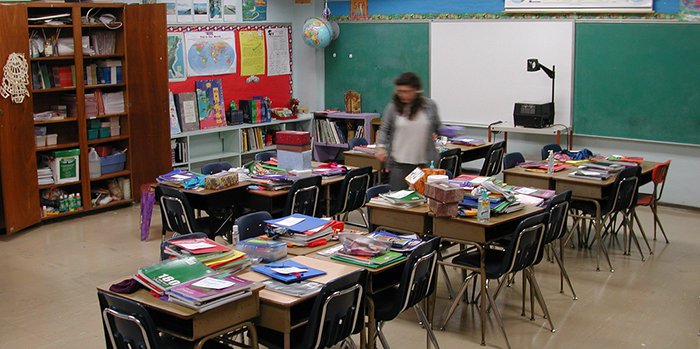
Science seems hard. Scientists use fancy words and fancy equipment and study things that few people understand. But, how scientists are supposed to learn things is not so hard to understand. A second grader’s textbook might describe science this way:
"Science is a way to learn about how the world works. Scientists ask questions, and then try to find answers. They make observations in the world and use those observations to make a guess about what they think will happen next. Those guesses are called hypotheses. Scientists test those hypotheses by setting up an experiment to see what happens and then make new hypotheses about what they think will happen. By making guesses and then testing them, scientists learn new things. By doing experiments more than once, scientists learn what usually happens. Scientists show how they did their experiment and what they found so that others can repeat the experiment and change it to test new hypotheses. With many scientists sharing what they are doing, everyone learns about how the world works."
To a second grader, the description is consistent with things that they have learned already--observe, test, show your work, and share. To a practicing scientist, the description is cute, idealistic, and naive. A practicing scientist might introduce science this way:
"Science is a way to learn about how the world works. Scientists do experiments and observe what they found. Some of those findings are more interesting than others. An interesting finding is very useful for scientists because they can publish them and obtain money, called grants, to do more experiments. Publishing and grants are important because they are how scientists keep their job and advance in their career. This is important because science is very competitive - there are many more scientists than there are jobs. Scientists who obtain more interesting findings will usually get the better jobs and earn more awards. With many scientists working to find interesting things, they learn about how the world works."
The values of science are the same as the second grader’s--show your work and share. But, the realities of doing science--the incentives and rewards--get in the way of scientists living by those values. COS exists to help science, and scholarship more generally, live up to the second grader’s conception of how it works.
In our current scholarly culture, openness and reproducibility are goals but not standard practice, because incentives driving researchers and service providers do not promote these values. For researchers, the currency of reward is publication. Publishing frequently in the most prestigious outlets possible is the gateway to jobs, promotion, tenure, grants, and awards. Whether the research is open or reproducible is rarely relevant to publication success. Instead, publication depends on achieving novel, positive, clean outcomes. In a competitive marketplace, researchers may make choices--even unwittingly--that increase the likelihood of outcomes getting published, even at the cost of their accuracy. Without transparency or efforts to evaluate reproducibility this loss of accuracy may go undetected, decreasing the credibility of the published literature.
For publishers, the dominant business strategy is to provide access to the research process, content, and outcomes via subscription or purchase models. Since they are for-profit entities, this model makes sense but it reduces openness of the research. Subscription and purchase models limit access to research to those who can afford it, preventing it from being a public good. Those without the advantage of resources have limited access to research and greater barriers to becoming contributors or applying the research to solve problems.
So what can we do about it? Think like a second grader - show your work and share.
If we improve access to the content and visibility into the process of producing research, we can increase reproducibility of the evidence and facilitate new discoveries. Dead ends will be discarded more quickly and true paths forward will be found more efficiently. Increasing access to research outcomes will encourage all individuals with motivation, skill, and insight to contribute new knowledge and apply that knowledge towards solving humanity’s most pressing problems.
Join us!

6218 Georgia Avenue NW, Suite #1, Unit 3189
Washington, DC 20011
Email: contact@cos.io

Unless otherwise noted, this site is licensed under a Creative Commons Attribution 4.0 International (CC BY 4.0) License.
Responsible stewards of your support
COS has earned top recognition from Charity Navigator and Candid (formerly GuideStar) for our financial transparency and accountability to our mission. COS and the OSF were also awarded SOC2 accreditation in 2023 after an independent assessment of our security and procedures by the American Institute of CPAs (AICPA).
We invite all of our sponsors, partners, and members of the community to learn more about how our organization operates, our impact, our financial performance, and our nonprofit status.